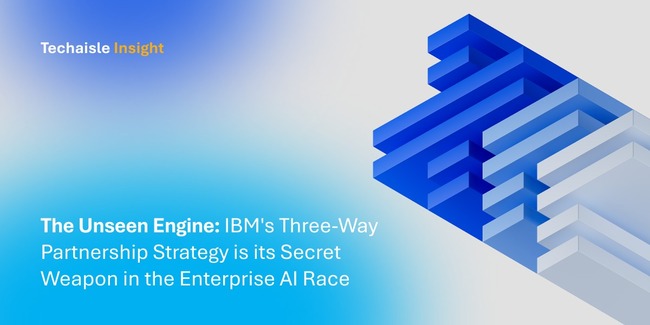The cybersecurity perimeter is not just porous; it is an illusion. And the endpoint is no longer the last line of defense; it's the primary battleground. This is the stark reality underscored by the latest HP Threat Insights Report. For years, the industry has been locked in an arms race centered on novelty, but our analysis of HP's data, combined with exclusive follow-up Q&A, reveals a more insidious and challenging truth. The most effective adversaries are no longer focused on reinventing the wheel; they are perfecting it. They are refining age-old techniques with such precision that they systematically dismantle traditional, detection-based security postures.
This evolution marks a critical inflection point for businesses of all sizes. The core tenets of cybersecurity—user training, anomaly detection, and signature-based scanning—are being pushed to their limits. This is not an incremental change, but a paradigm shift that demands a strategic rethinking of endpoint security, moving from reactive detection to proactive isolation.

The Polishing of Deception: The End of the "Suspicious Link" Era
For over a decade, the cornerstone of user-facing security has been awareness training to identify the proverbial "suspicious link." HP's research confirms this era is drawing to a close as attackers deploy "ultra-realistic" and "highly polished" social engineering lures. These include fake PDF invoice readers that perfectly mimic legitimate applications or malicious cookie banners on spoofed travel websites that exploit the user's conditioned habit of "clicking through" to access content.















